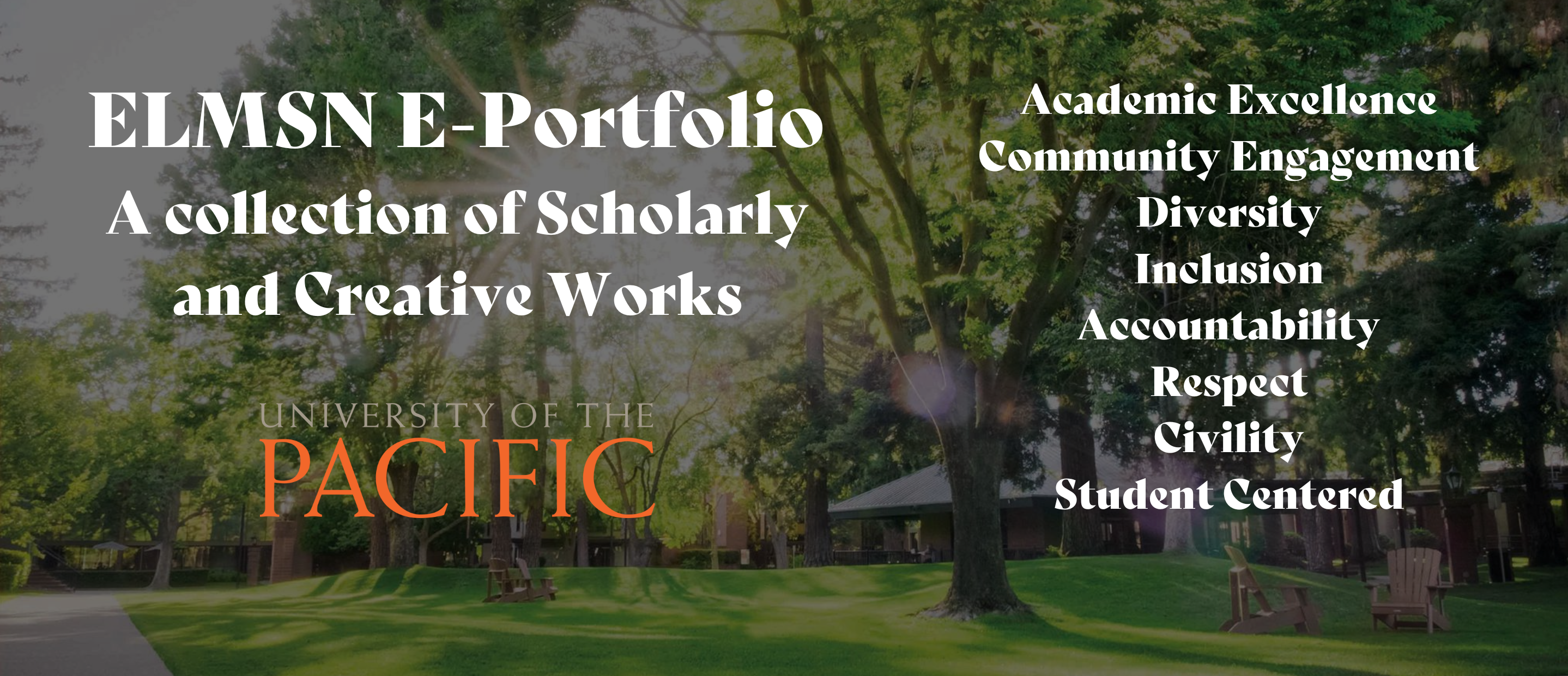Files
Download Primary (2.6 MB)
Course Name
Clinical Improvement Project II CAPSTONE
Graduation Year
12-2025
Faculty Advisor
Dr. Katie Rolan
Abstract
Background:
Childhood ultraviolet (UV) exposure is the most significant modifiable risk factor for skin cancer, yet proper sun protection remains inconsistently practiced by parents. In El Dorado County, California, where high altitude and intense sun exposure amplify UV risk, knowledge gaps and misinformation persist despite resource availability. This quality improvement (QI) project aimed to strengthen parental knowledge, confidence, and modeling of sun-safe behaviors for their children through an evidence-based community education program.
Aim:
The goal of this QI initiative was to improve parental attitudes, self-efficacy, and photoprotective behaviors by implementing a three-part, nursing-led educational intervention focused on UV risk awareness, myth correction, and modeling of sunscreen application.
Methods:
Using the Johns Hopkins Nursing Evidence-Based Practice (JHNEBP) Model, the “Sun Smart Families” program was conducted at Steve Wallen Swim School with 32 parents of children aged 3–8. Over four weeks, participants attended three interactive sessions addressing UV risks, sunscreen myths, and parental role modeling. Pre- and post-intervention surveys adapted from the Environmental Protection Agency (EPA) SunWise Program and O’Riordan et al. (2003) measured changes in knowledge and behaviors. Data were analyzed using Mann-Whitney and chi-square tests.
Results:
Participants demonstrated a statistically significant increase in composite Likert-scale scores for sun-safe attitudes and behaviors (M = 25.4 to 40.6, p = .039). Five of ten survey items improved significantly, with one knowledge item (correct sunscreen volume) showing marked post-intervention gains (χ² (1) = 8.47, p = .0036). Parents reported greater confidence and intent to model photoprotective behaviors.
Conclusions:
Brief, community-based education improved parental self-efficacy and sun safety attitudes, aligning with Healthy People 2030 objectives to reduce childhood sunburns. The project demonstrates a sustainable, scalable model for integrating nursing-led prevention into community recreation settings.
Keywords
Sun safety, parental modeling, ultraviolet radiation, community health nursing, quality improvement, skin cancer prevention, Johns Hopkins Nursing Evidence-Based Practice Model
Recommended Citation
Riley, Ashley; Nauer, Calvin; and Godwin, Alaina, "Enhancing Pediatric Sun Safety: A Parent-Focused Intervention in El Dorado County" (2025). ELMSN E-Portfolio. A collection of Scholarly and Creative Works. 34.
https://scholarlycommons.pacific.edu/nursing-portfolios/34




